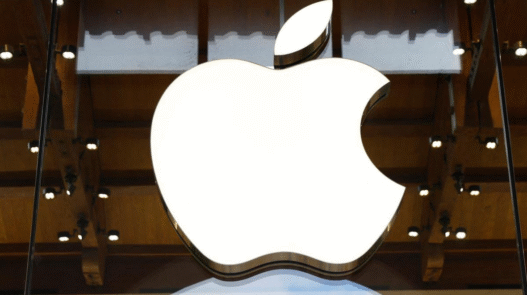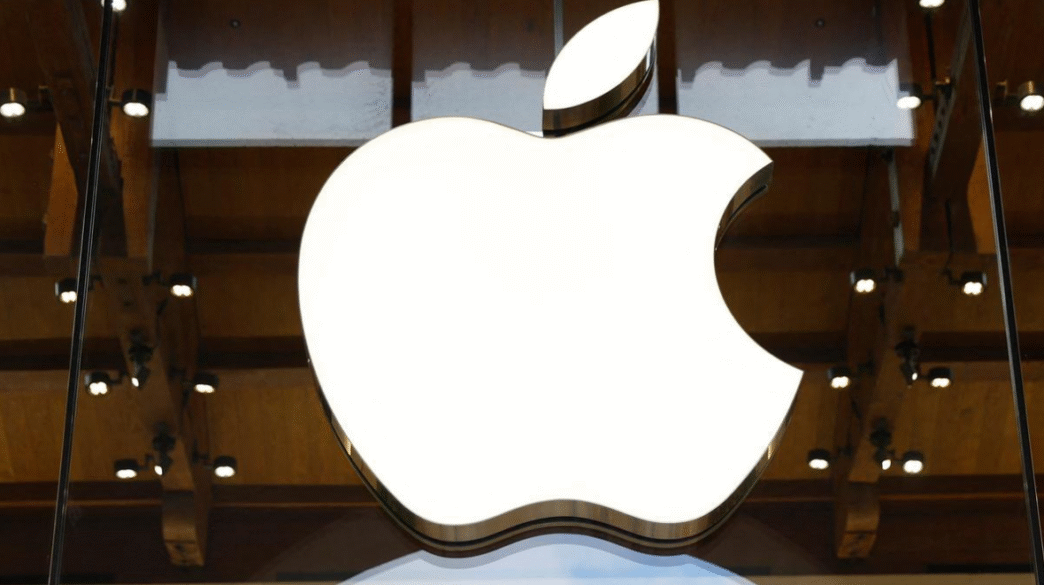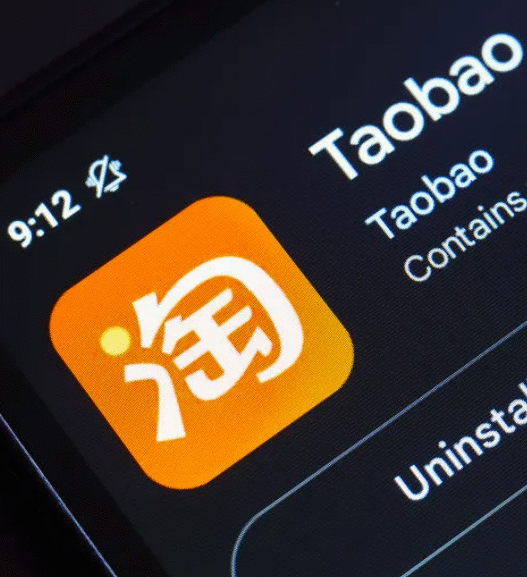Apple is rapidly advancing plans to manufacture the majority of iPhones sold in the United States at factories in India by the end of 2026, according to a source familiar with the company’s strategy. This acceleration comes as the tech giant seeks to mitigate the impact of potential higher tariffs on Chinese imports.
The iPhone maker is currently engaged in urgent discussions with key manufacturing partners Foxconn and Tata Group to expedite this transition, said the source, who requested anonymity due to the confidential nature of these strategic plans.
Current Production and Ambitious Goals
Currently, Apple sells over 60 million iPhones annually in the US market, with approximately 80% of these devices manufactured in China. The company’s new strategy aims to dramatically reverse this ratio, with India becoming the primary production hub for US-bound iPhones within just two years.
This shift represents one of the most significant manufacturing relocations in consumer electronics history, according to industry analysts at Global Supply Chain Institute. “Apple’s accelerated India production strategy signals a fundamental restructuring of global electronics supply chains that could influence the entire industry,” notes the institute in a recent report.
Early Success in India Production
Apple has already begun scaling up its Indian manufacturing operations. In March alone, the company shipped approximately 600 tons of India-made iPhones worth $2 billion to the United States. These shipments represented record production volumes for both Tata and Foxconn, with the latter accounting for smartphones valued at $1.3 billion.
“The rapid scaling of Indian iPhone production demonstrates Apple’s commitment to diversifying its manufacturing footprint,” explains technology analyst Sarah Chen from Tech Manufacturing Monitor. “Few expected such quick progress when Apple first began Indian production with older iPhone models just a few years ago.”
Tariff Considerations Driving Strategy
The acceleration comes amid ongoing trade tensions between the United States and China. In April, the US administration imposed 26% duties on imports from India, substantially lower than the more than 100% tariffs China was facing. Washington has since paused most duties for three months, except for those on Chinese goods.
While the Trump administration has recently signaled potential openness to de-escalating the trade war with China, Apple appears unwilling to risk its supply chain on political developments that remain uncertain. As reported by our team at 1stNews24, technology companies are increasingly adopting “tariff-proof” manufacturing strategies that reduce dependence on any single region.
Manufacturing Infrastructure Expansion
As Apple diversifies production beyond China, India has emerged as a critical hub in its global manufacturing strategy. Foxconn and Tata, Apple’s two primary suppliers in India, currently operate three factories in the country, with two additional facilities under construction.
These new factories will significantly increase Apple’s production capacity in India, enabling the company to meet its ambitious timeline for shifting US-bound iPhone production. Industry sources suggest the new facilities will implement advanced manufacturing techniques already proven in Apple’s Chinese supply chain.
The manufacturing transition also represents a major opportunity for India’s electronics sector, potentially creating thousands of skilled jobs and strengthening the country’s position as a global manufacturing hub.
Strategic Implications
Apple’s accelerated shift to Indian manufacturing highlights how geopolitical considerations are reshaping global supply chains. While China remains the world’s dominant electronics manufacturing center, companies are increasingly pursuing diversification strategies to reduce risk.
For Apple, the move balances several strategic objectives: maintaining access to the US market regardless of tariff developments, diversifying manufacturing risk, and potentially opening new opportunities in India’s growing consumer market.
Although Apple, Tata, and Foxconn declined to comment on these specific plans when contacted, industry analysts expect official announcements regarding expanded Indian production capacity in the coming months.




















